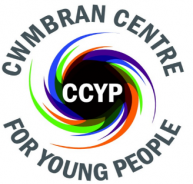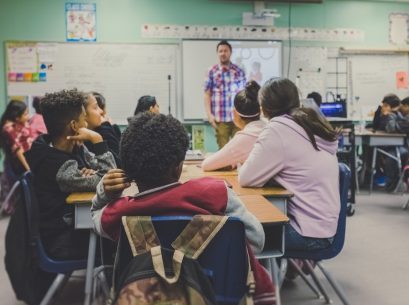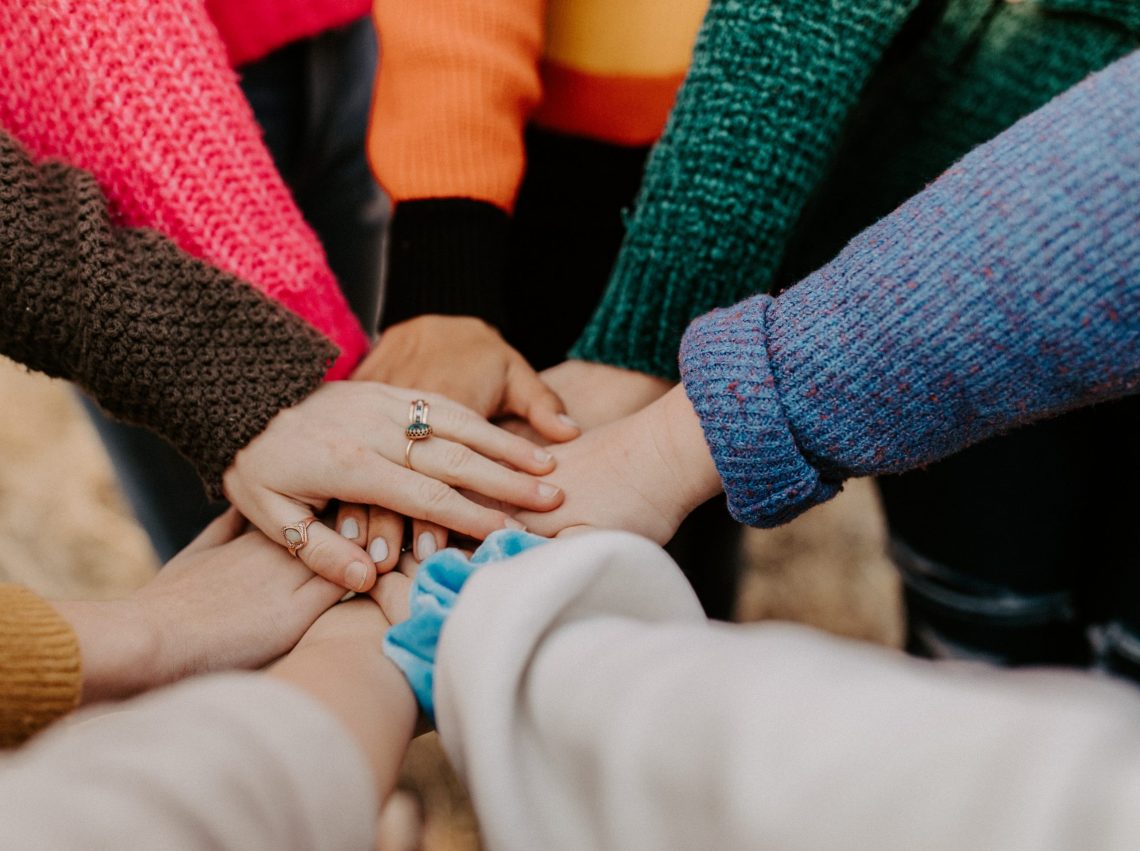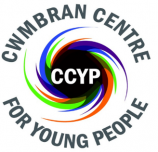Torfaen Young People's Counselling Service
A confidential space to explore the thoughts, feelings and challenges of children from all backgrounds
About Us
Young people's counselling service offering face to face counselling
in Primary & Secondary schools

What does the Counselling Service do?
The Torfaen Young People’s Counselling Service aims to provide young people with the opportunity to explore what is concerning them with a trained professional in a private setting, either at school or outside school. The concerns that young people carry are varied and sometimes multi-layered. Here are just a few examples of the kind of things that a young person might be struggling with:
They might be anxious about their place in their group of friends
They might be arguing with someone at home
They might have a negative idea of themselves
They might have experienced loss
They might have a feeling of being sad or low that they don’t know how to shake


Our team of counsellors are trained to respond to the individual young person in front of them, without judgement, with the aim of contributing to their understanding of themselves/others and the relationships in their life. With an increased understanding of themselves, young people can see their choices more clearly, increase their confidence, their self-esteem, and start to make some positive changes.
We are independent from schools which allows young people to speak to a counsellor without having to talk to school staff first; at the same time we work closely with schools to make sure that young people and staff know how to contact a counsellor if needed. We speak to the school Child Protection Officers if we are concerned about a young person’s safety. The emotional and physical safety of young people is always the main priority of the Counselling Service.
Who do we work with?
The Torfaen Young Peoples Counselling Service is commissioned by the local authority and offers therapy to children and young people between the ages of 7-19 across all schools located in the borough of Torfaen.
How to refer yourself or a young person you are concerned about:
Primary School
Click here to use our referral form, or ask your child's school for one.
You can also contact the Primary Coordinator:
April Baglow email: April.baglow@ccyp.org.uk
or leave April a message on our answer machine: 01633 453035
Secondary School
Young people (aged 11- 19) can refer themselves for counselling by clicking here; a member of school staff can provide a self referral form, or these can be obtained directly from the school counsellor. To request a referral via email, please contact Ceri Jones: ceri.jones@ccyp.org.uk
Adults who are concerned about a young person can refer them to counselling with the young person's agreement by contacting the Counselling Service via email or answer machine; or through discussion with school staff.
Out of Schools
Click here to use our referral form, or for more information please email Paula.waters@ccyp.org.uk or leave a message on our answer machine:
01633 453035
What issues can counselling help with?
Our team have experience dealing with a wide range of issues. Here are a few of the more common difficulties that can be supported through counselling:
Feelings of stress or anxiety
Panic attacks
Relationship problems
Grief, loss or bereavement
Trauma and post-traumatic stress
Self harm
Abuse
Social anxiety
Depression
Problems with confidence or self-esteem
Anger management
Issues relating to sexuality
Difficulties communicating
Problems with family or school life
Attention issues
Exam Stress

Some frequently asked questions...
Counselling gives children and young people the opportunity to explore their thoughts and feelings in an environment free from emotion and judgement. Children are encouraged to work through their issues confidentially via a wide range of therapies including Play, Sand and Talking and are supported in finding ways of coping better.
You will see the counsellor in a room specifically chosen to allow you to speak privately. Everything you say will be treated with confidence. However, if you tell your counsellor that you or someone else is at risk of significant harm your counsellor will have to share this with other people who have a duty to care for you.
In your first session your counsellor will spend some time asking you questions about what has brought you to see them, and they will answer any questions you might have about counselling. This will be the first of six available sessions. The time you spend talking to your counsellor is your time and it is up to you what you talk about; if you aren't sure what you want to say, that's fine, your counsellor can help you explore what's troubling you and together you can find ways to bring about some positive change.
The Welsh Government collects statistics about who we see, how often and if our service has been helpful; this information is collected without sharing names or details. When you finish with the counsellor you will be given a questionnaire about your experience of counselling; this is also anonymous. During each session your counsellor will ask you 10 questions which are designed to help assess how you have been over the last week and to keep track of levels of happiness/unhappiness.
You won't have to tell anyone at home that you are seeing the counsellor, providing the counsellor feels you able to make adult decisions. The Counselling Service aims to be as confidential as possible; if you are being seen at school, we do need to let key members of school staff know that you are using the service, this is so that they know where you are for attendance reasons and they understand not to tell others at the school.
Having a confidential space also means that we will not share information with parents unless you give us permission to do so.Your confidentiality will be upheld throughout however if the counsellor is worried about your safety (or about the safety of someone you tell them about) they will let you know and then they will speak to the child protection officer at your school.
If you are not happy with the service you are receiving you can discuss this with your counsellor or If you feel unable to do this, you can contact the counselling service manager. You will find her details on the contact page of this website. You can stop attending.
Qualifications
All of our counsellors are highly qualified and experienced, receive regular supervision and have a current Disclosure and Barring Service (DBS) check.
All adhere to the codes and ethics of good practice published by the British Association for Counselling and Psychotherapy (BACP) Last academic year our counsellors worked with over 580 young people.
Location
We provide the opportunity of face to face counselling in all schools across Torfaen and in our out-of-school service, located at the CCYP Centre:
Cwmbran Centre for Young People,
Glyndwr Road,
Cwmbran, NP44 1QS.
In addition to providing face-to-face therapy, we also offer telephone counselling and online sessions for clients beyond the Torfaen area via Zoom or Skype. Contact us to find out more about how online therapy works.
Get in touch
Please use the below contact form for any enquiries or referrals.
You can also leave a message for the Counselling Service & request us to contact you by calling the following number:24 Hour Confidential Answer Service: 01633 453035
Or leave us a Facebook message: Torfaen Young People's Counselling Service
All enquires are usually answered within 24 hours, and all contact is strictly confidential.
©2025 CCYP Counselling Service
powered by WebHealer

